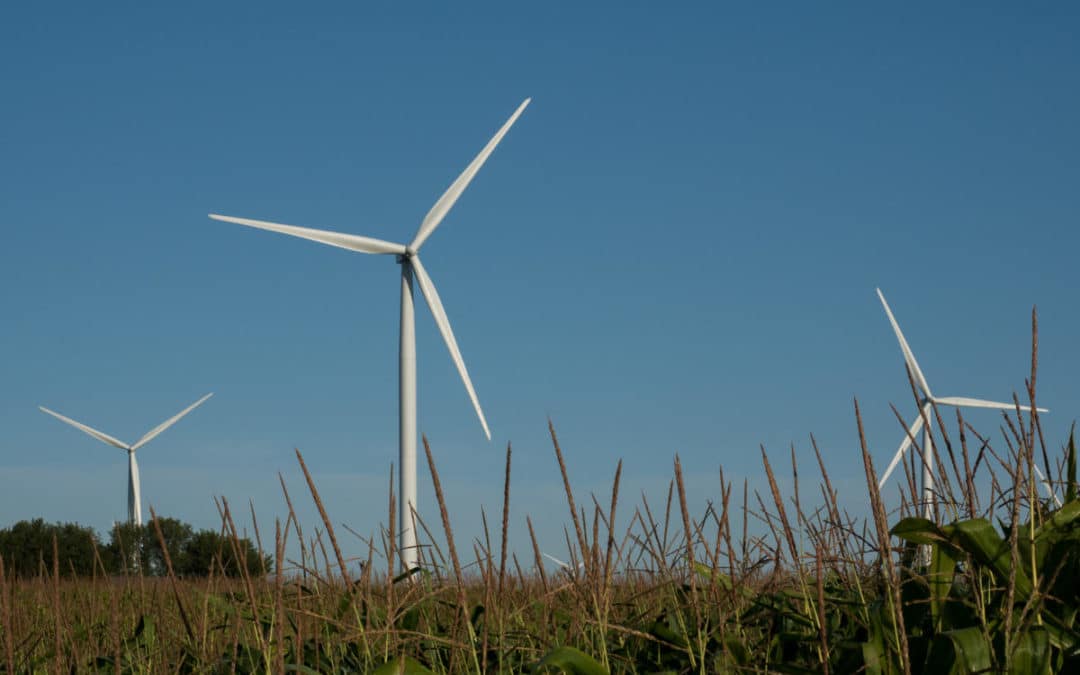Washington Agencies Adopt Rules to Implement 100 Percent Clean Electricity Law

The Washington Utilities and Transportation Commission (UTC) and the State Department of Commerce (DOC) on Aug. 1 adopted new rules for electric utilities, marking an important step forward in the state’s transition to a clean energy future. The rule addresses various key aspects of the 2019 Clean Energy Transformation Act, or CETA, including the requirement that electric utilities obtain 100 percent of their power from renewable sources by 2045. The guidelines are expected to help utilities achieve intermediate targets of phasing out coal-based generation by 2025 and achieving a carbon-neutral electricity supply by 2030.
The rules establish initial standards for ensuring utilities comply with CETA’s clean electricity requirements in wholesale electricity markets when they purchase and trade power. Utilities can also manage renewable energy supply and demand using energy storage systems, such as batteries and pumped hydro storage plants. Furthermore, the rules contain protections to prevent utilities from double counting renewable energy when complying with the clean electricity standard, ensuring that companies that buy or sell electricity do not count the same energy to meet their obligations in another state.
Puget Sound Energy, PacifiCorp, and Avista Corporation are the investor-owned electric utilities operating in Washington that are subject to UTC regulations. The DOC rules are applicable to about 60 consumer-owned utilities including public utility districts, municipal utilities, and rural electric cooperatives in Washington.
DOC rules explain how utility purchases and sales can meet CETA’s requirement of using clean electricity sources in an amount equal to 100 percent of customers’ purchases. Currently, the UTC is developing its rules related to this requirement and expects to publish them early next year.
In Dec. 2020, both agencies completed the first phase of CETA-related rulemaking together. According to the preliminary rules, utilities must plan for and acquire new energy resources, promote supplier diversity, and calculate greenhouse gas content in their resource mix. Furthermore, the rules facilitated public participation in planning and procurement, assesses the impact of resources on vulnerable communities, and establishes spending caps for utilities.
EnerKnol Pulses like this one are powered by the EnerKnol Platform—the first comprehensive database for real-time energy policy tracking. Sign up for a free trial below for access to key regulatory data and deep industry insights across the energy spectrum.
ACCESS FREE TRIAL